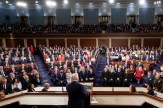This Northeastern grad is using her music industry experiences to get young people to vote
Emily White started #iVoted, which helped increase voter turnout by 7% during the last presidential election. She hopes to do the same this election cycle.
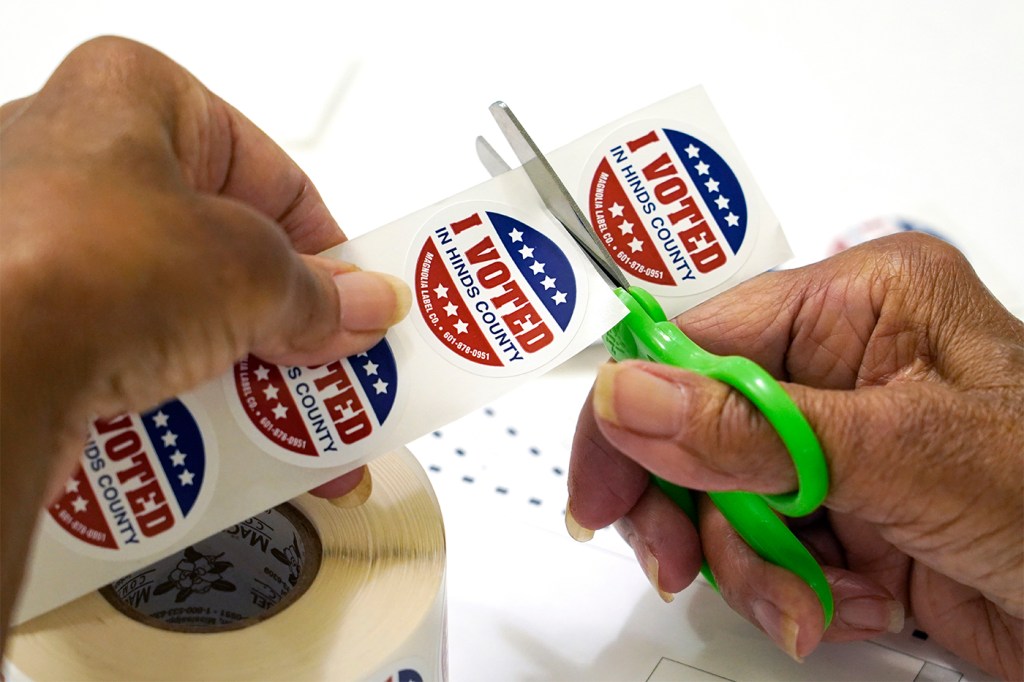
How many votes can sway an election? In the United States, victors can sometimes win by a few thousand votes.
But research shows that about 20% of young people are more likely to attend a concert at said venue than they are to vote. Emily White saw this firsthand during the 2016 election: She was on a yoga retreat in Hawaii and found out two other young Americans on the same trip had forgotten to vote, not realizing their impact had not only on the presidential race, but ballot initiatives facing their state.
“People can make assumptions that their vote doesn’t count,” White said. “But it goes back to education and messaging. … It’s very easy to overlook elections and realize it (affects) our communities when it comes to climate, racial justice, (and) voting rights.”
In White’s home state of Wisconsin, the 2016 presidential election was decided by 22,000 votes. In the eyes of this music industry executive, this is equivalent to a large concert venue. So White, a graduate of Northeastern University, decided to use her ability to fill said venues to motivate people to vote by founding #iVoted. This nonpartisan nonprofit holds concerts on election nights. The price to enter? A selfie of you at your polling place or at home with your unmarked ballot. (Noncitizens and people under voting age can also attend by talking about why they’re excited to attend or vote someday.)
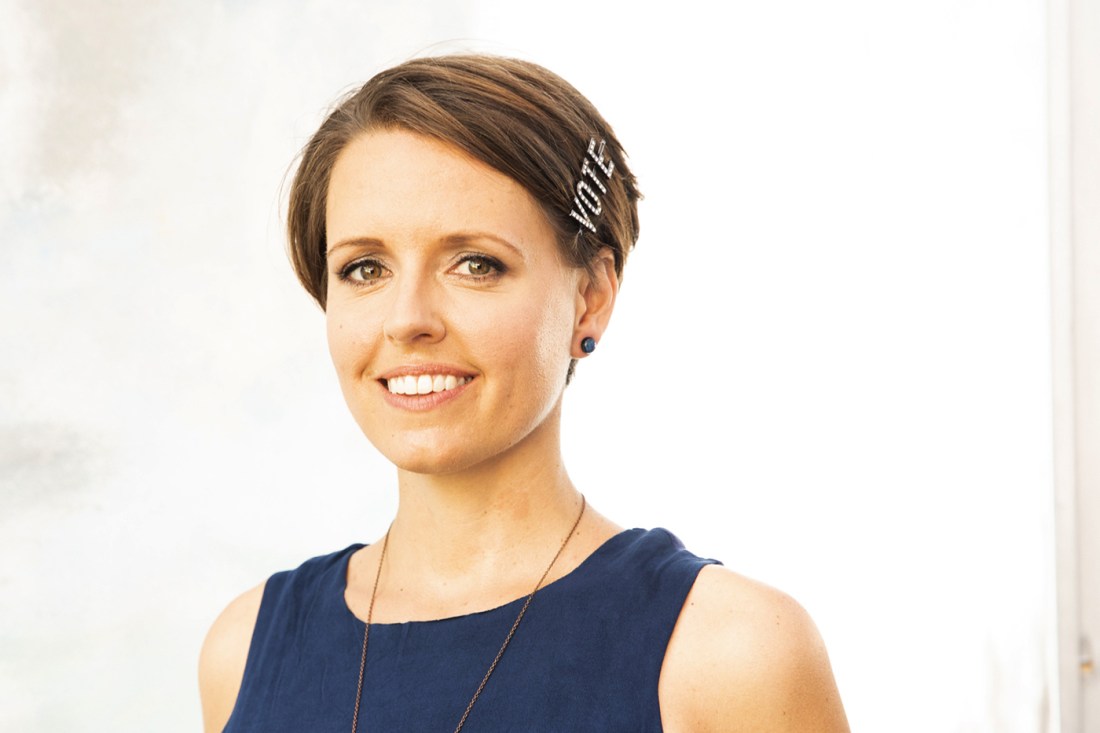
“I thought of #iVoted when I realized that elections were decided by the size of concert venues,” White said. “We have abysmal voter turnout in this country, particularly among young folks and underserved groups. … Turnout is historically abysmal. So I was like ‘Why don’t we fill those concert venues and tie in voting.”
Data from Pew Research show that while there’s a high turnout among registered voters, only 62.8% of Americans of voting age cast a ballot in the 2020 elections. This sounds impressive until you consider that this was one of the highest turnout rates the country has seen in decades. According to Pew, many other developed countries have voter turnout rates that far surpass the United States’ at its peak.
But iVoted’s approach is helping. Data analysis shows the organization improved voter turnout by about 7% in 2020 relative to 2016.
Featured Posts
#iVoted combines White’s passion for political science with her background in the music industry, which began when she was an undergraduate at Northeastern. Even before graduating with a bachelor’s in the music industry, she was working in the field, doing co-ops with music promoters and working as a tour manager for a local band.
Through this, she made connections she’d eventually use to found #iVoted. White also was a part of Northeastern’s swimming and diving team and is being inducted into the Northeastern Athletics Hall of Fame; balancing work and class with being a student athlete paved the path to her career now.
“The Boston music scene changed my life,” White said. “(And) the skills I learned as an athlete at Northeastern — teamwork, time management and work ethic — allow me to do what I do today.”
When White realized how low voter turnout can be, she figured she could use the skills she did have in music to help make a difference.
“I saw those margins and read that voter turnout was down and realized what an impact could be made,” she said. “My entrepreneur brain was like ‘well, let’s solve.’ I know how to get 312 people in a room. I know how to get 20,000 people in an arena. We can do that and tie in voting.”
#iVoted doesn’t just hold concerts, but caters to the area’s music tastes by using data to determine what demographics aren’t voting and what artists might entice them to do so.
“People would say to me ‘Oh, you got to get Taylor Swift,’” White said. “We love Taylor, but … her fans already vote. So it’s really important to look at which artists are popular where and who makes up their fanbase.”
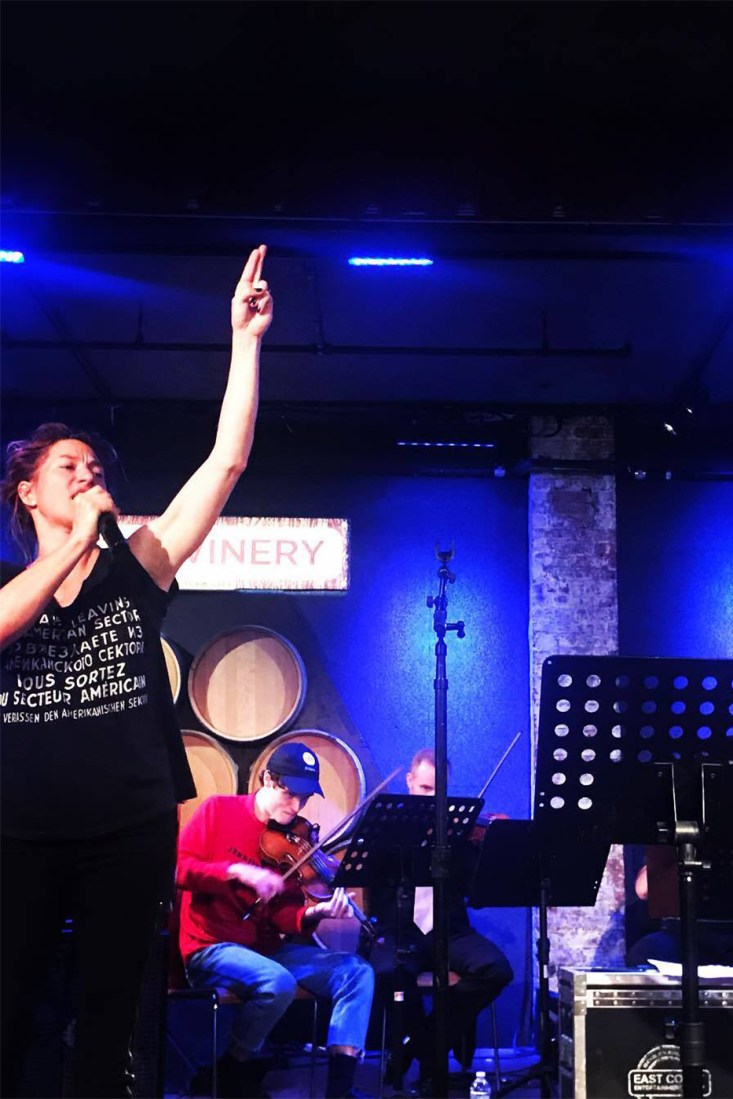
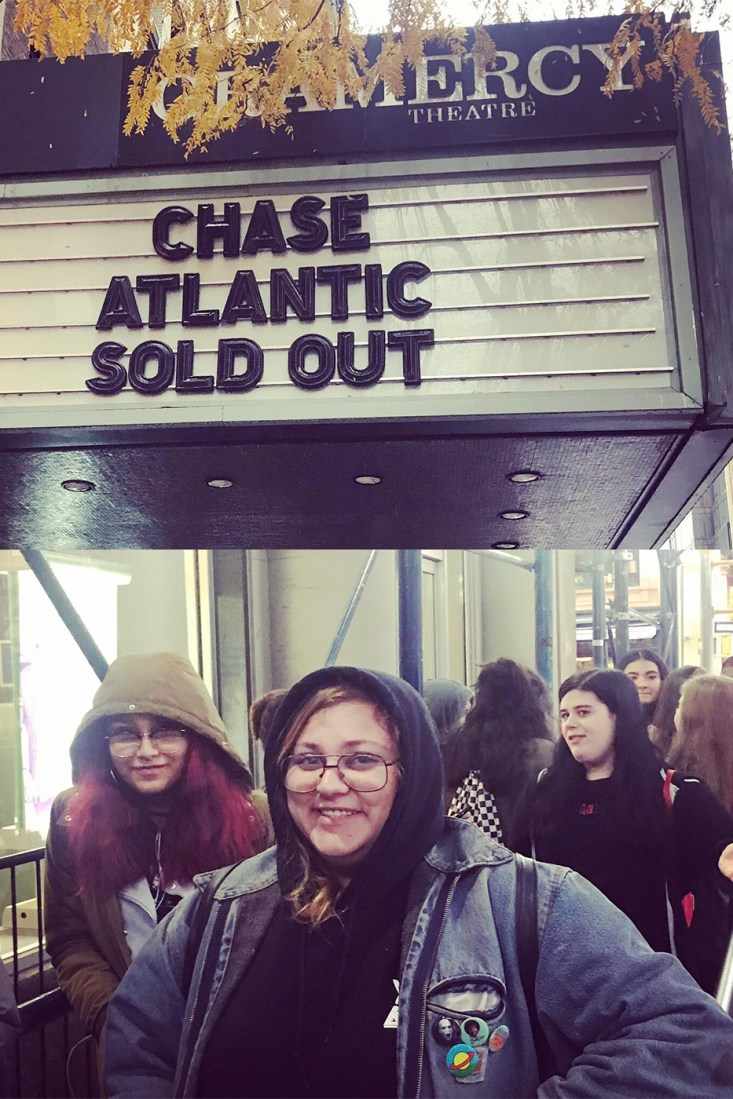
White said the organization looks at trending artists in each market where they’re holding concerts and see which ones appeal to demographics who’ve had a historically low turnout rate.
#iVoted is also now able to see which of these artists will increase civic impact the most, whether through concerts or digital campaigns.
“It’s been a seven-year process of analysis and refining the data,” White said. “I want to expand the data to show which of the top trending talents beyond music can increase civic impact the most, because this is not limited to music. We absolutely want to be working in all talent: comedy, sports, etc.”
After kicking off in 2018 with 150 venues across 37 states, #iVoted organized the largest digital concert in history with over 450 artists during the 2020 elections, when in-person gathering was limited because of the pandemic, White said. This was followed by #iVoted Festival Georgia to get people to vote in the special election of January 2021. Later that year, White received an inaugural Innovator Award from Northeastern’s Women Who Empower inclusion and entrepreneurship initiative for her work with #iVoted.
#iVoted will soon begin announcing concert locations and performers to increase civic engagement for the 2024 election cycle. White said they’re already planning a show on Sept. 17, National Voter Registration Day, in Detroit where people can check their voter registration or opt in to learn about clean energy jobs to gain entry. (While #iVoted focuses mostly on turnout, they also do events to drive voter registration.) There will also be “dozens” of concerts on election night, Nov. 5.










